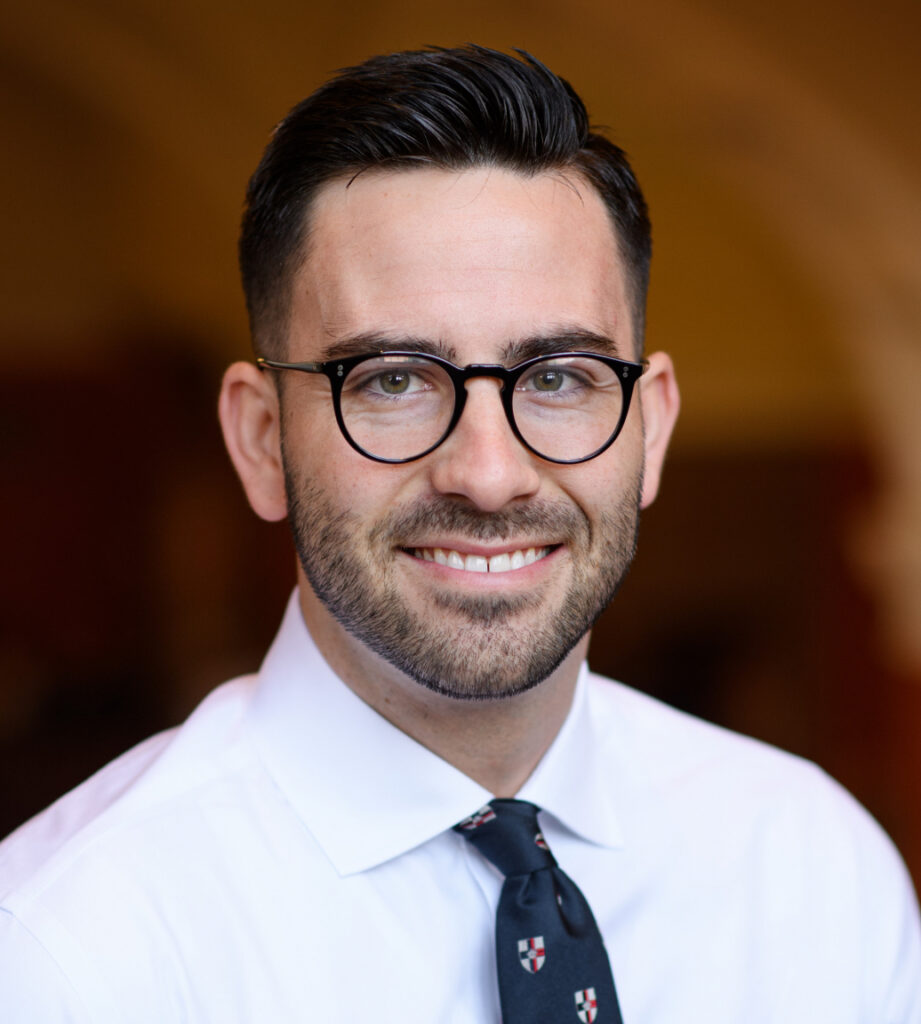Braess’s Paradox in Wireless Broadband?: Toward a Principled Basis for Allocating Licensed and Unlicensed Spectrum
Abstract
Accelerating demand for wireless broadband is accentuating the need to optimize use of limited spectrum resources that are susceptible to congestion. Recent technological innovations enable exclusive-use, licensed spectrum and open-access, unlicensed spectrum to serve as complementary goods. We present a game-theoretic model in which wireless broadband service providers engage in simultaneous pricing and service decisions for a heterogeneous consumer population. We demonstrate that for some unlicensed allocations, service providers may maximize profit by offloading some consumer traffic onto the unlicensed band. Consequently, adding unlicensed capacity can increase congestion in wireless spectrum bands in ways that harm social and consumer welfare. These effects are reminiscent of Braess’s Paradox, in which adding capacity counterintuitively leads to greater congestion. Notably, these effects emerge through supply-side differentiation strategies, rather than demand-side responses. We then utilize our framework to analyze recent high-profile decisions by the FCC and introduce a framework for identifying the appropriate balance between licensed and unlicensed allocations.






